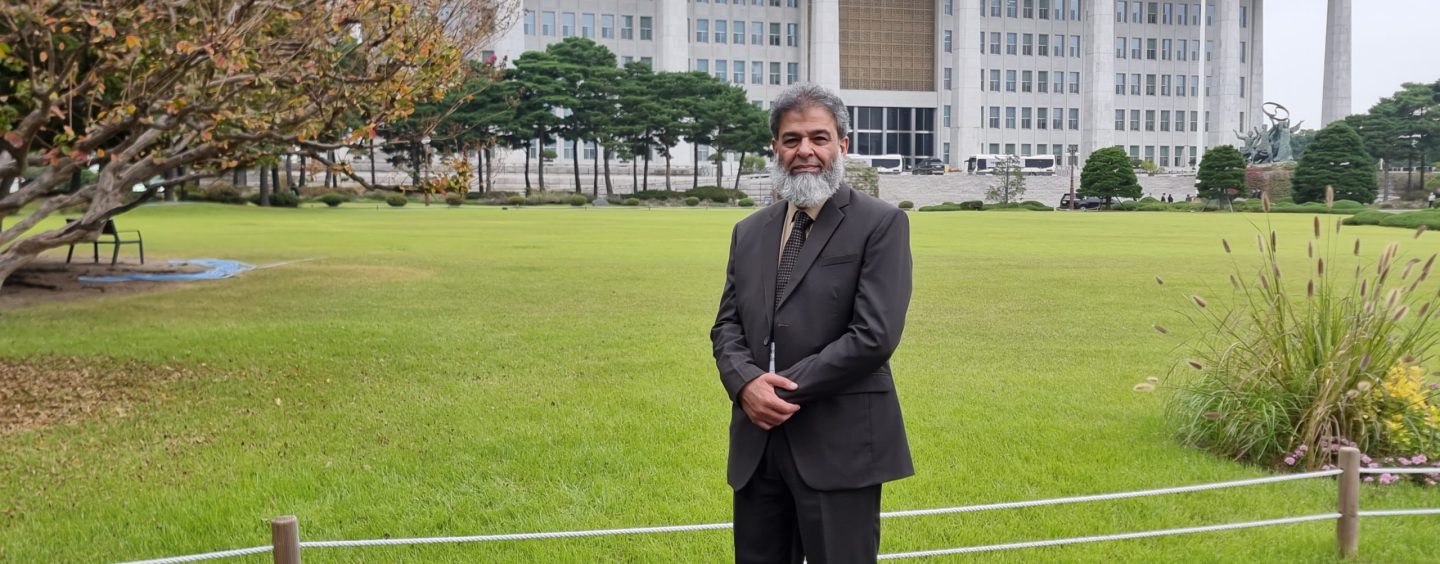By Muhammad Mohsin Iqbal, Director General Research National Assembly Secretariat
Parliament House.
History and prudence teach that wounded pride and unfinished grievances rarely sleep; they seek outlets. The lingering memory of the intense confrontation in early May 2025 — a four-day crisis that convulsed the Sub Continent and reminded the world how quickly small sparks may kindle large fires — remains fresh in the strategic calculations of the region. That episode did not simply close with exchanged statements; it altered perceptions and hardened wills. Many in around the globe especially in Pakistan perceive that India, unable to forget the setback it believed it suffered on the night of May 8–9, has turned to indirect means to inflict harm — harnessing proxies and permissive territory across the border in Afghanistan to strike at Pakistan’s security and stability.
If true, this is neither novel nor surprising in the annals of great-power rivalry; states have long preferred deniable instruments when direct confrontation is fraught with peril. Proxy warfare is cheaper politically, safer in the near term, and allows states to sustain pressure without owning the visible costs. Yet the moral and practical consequences are grave. When a neighbour’s soil becomes a staging ground for attacks, the victim state faces a choice between endless patient entreaty and the obligation — under every duty of sovereignty — to protect its citizens. Pakistan’s appeals to Afghan authorities to prevent the use of their territory for violence against Pakistan have been made repeatedly, through discreet diplomatic notes and public protest alike. These appeals reflect a simple proposition: charity of refuge does not require the tolerance of harm.
States, like families, are best guided by a graduated ethic of response. When a household member catches a mild fever or a common cold, our instinct is modest and sensible: we reach for remedies taught by elders, rest, and avoid heavy medicine unless necessity compels it. If simple measures fail we try the medicines at hand; if the ailment still persists we consult a physician, submit to tests and, when life requires it, accept the surgeon’s knife. That sequence — care, counsel, and, as a last resort, decisive intervention — is not merely a matter of health but a prudent moral order. So too should be the conduct of states in the face of threats that arise along their borders. Pakistan’s history of maintaining a neighborly relationship with Afghanistan, marked by patience and tolerance, is long and evident. When the Soviet Union invaded Afghanistan, our country welcomed millions of people fleeing the war. At the peak of this exodus, Pakistan and its international partners recorded around three million Afghan refugees living within its borders, sharing the burden through refugee camps and urban settlements, supported by civic compassion and international aid. This compassionate response became a defining moment in our modern history.
Charity and forbearance, however, neither require nor ensure limitless tolerance for actions that harm the benefactor. For decades Pakistan has insisted that Afghan soil not be allowed to become a theatre for plots against Pakistani citizens and institutions. These insistences have been framed not as threats but as urgent appeals: curb militancy, close sanctuaries, and cut the channels that funnel weapons and trainers across a porous frontier. Where persuasion has produced cooperation, peace has followed; where it has failed, the duty of the state to defend its people becomes unavoidable. Recent exchanges along the border, including cross-border strikes and clashes, show the terrible speed with which localised insecurity can harden into interstate crisis.
The catalogue of suffering within Pakistan is not an abstraction. Brave soldiers, policemen and ordinary citizens have paid with their lives; grieving families have been asked for the highest of sacrifices in defence of the nation. The memory of those martyrs is not merely emotive rhetoric but a moral claim upon the living: to ensure that their deaths were not in vain by repairing institutional lapses, enforcing justice, and closing the gaps that allow networks of terror to regenerate. If the National Action Plan or other civic instruments falter, the space for violent actors widens and the cycle continues. The state must therefore combine robust policing, intelligence-led operations, and social reform to deprive extremism of its recruits and facilitators.
But Pakistan’s legitimate security concerns cannot and should not be pursued in a way that amplifies injustice. The use of force must always be measured, lawful, and discriminating — aimed at those who plan and execute violence rather than at innocent communities who already bear too heavy a burden. Practical realism does not foreclose moral leadership. The state should press for regional mediation, invite neutral observers, and engage Islamic and international partners whose good offices can buttress a durable settlement. When regional powers and institutions act with independence and fairness, they create the institutional scaffolding upon which neighbourly trust might be rebuilt. Conversely, silence from those who might assist only narrows the options left to a besieged state.
Deterrence and diplomacy must therefore be balanced. Pakistan cannot — and should not — accept the normalization of its borderlands as arenas for proxy attacks. Yet the response must be calibrated so as not to magnify suffering or to play into the hands of those who profit from perpetual conflict. The language of statecraft calls for repeated entreaty, transparent presentation of evidence, internationalising the problem where necessary, and reserving kinetic responses for instances where all other remedies have failed. The surgeon’s knife, as in the household, remains a last resort.
Finally, patriotism in a democracy is more than the salute at dawn; it is the daily labour of safeguarding civic institutions, ensuring rule of law, and honouring the dead by building a future they would have wanted — secure, just, and prosperous. If malign actors persist despite counsel and concord, Pakistan will, with a heavy heart and a steady hand, do what is necessary to protect its citizens. But let every measure be guided by the twin aims of security and reconciliation: to remove sanctuaries for terror, to restore safe passage for traders and families, and to revive the long human ties that bind the peoples of our neighbourhood. In that balanced pursuit lies the truest path back to honourable and enduring peace.






